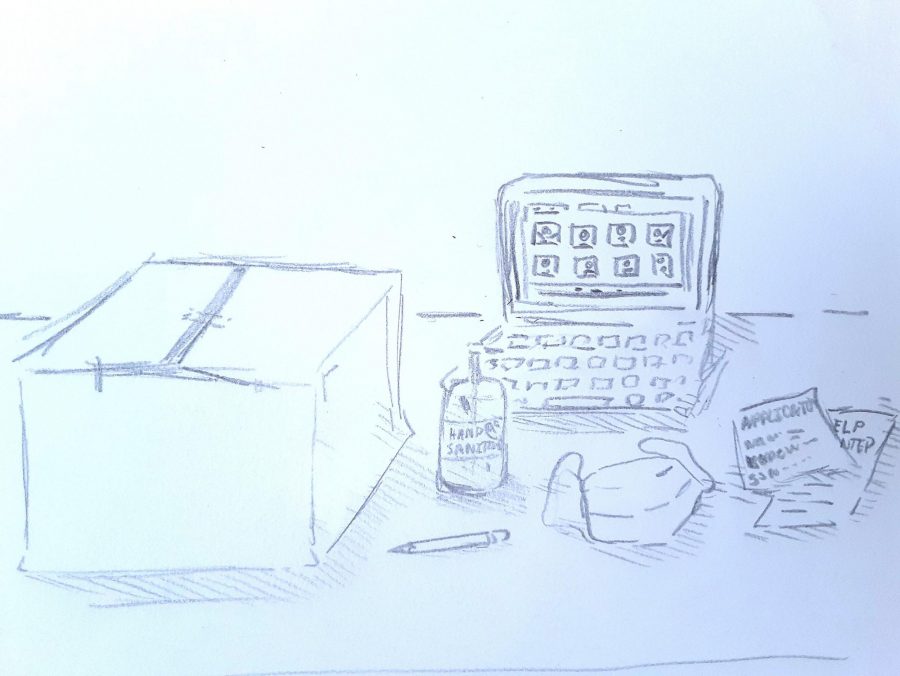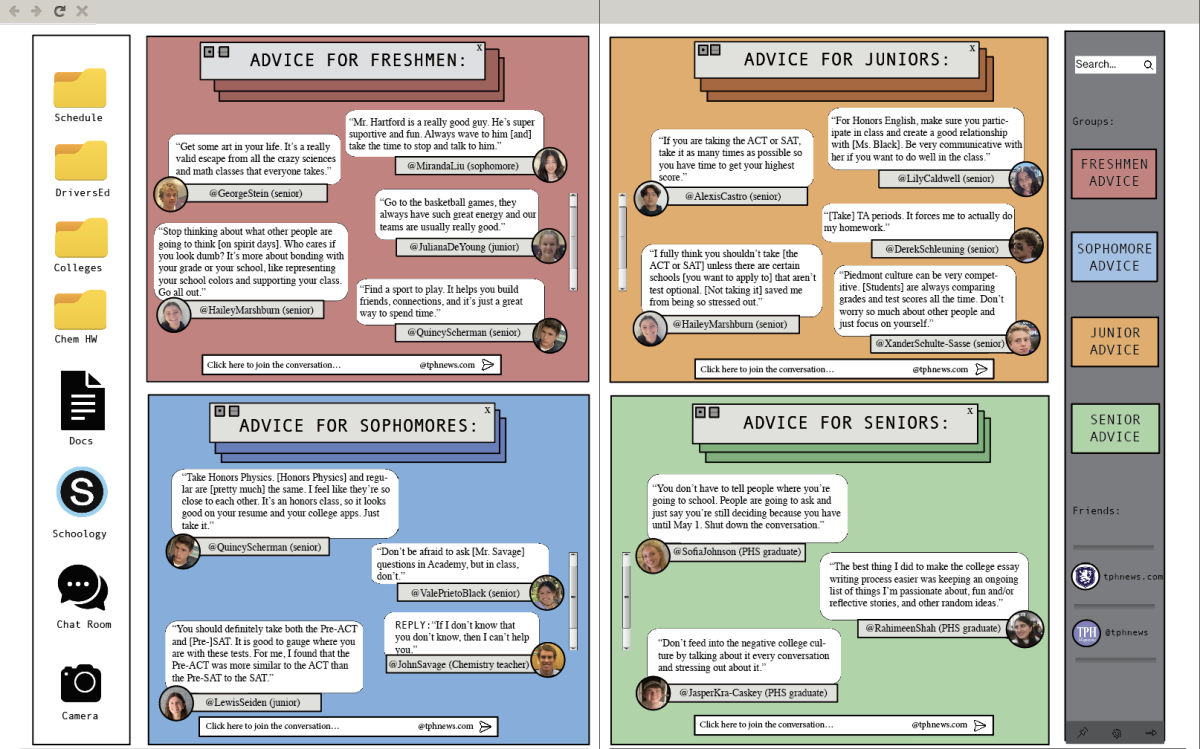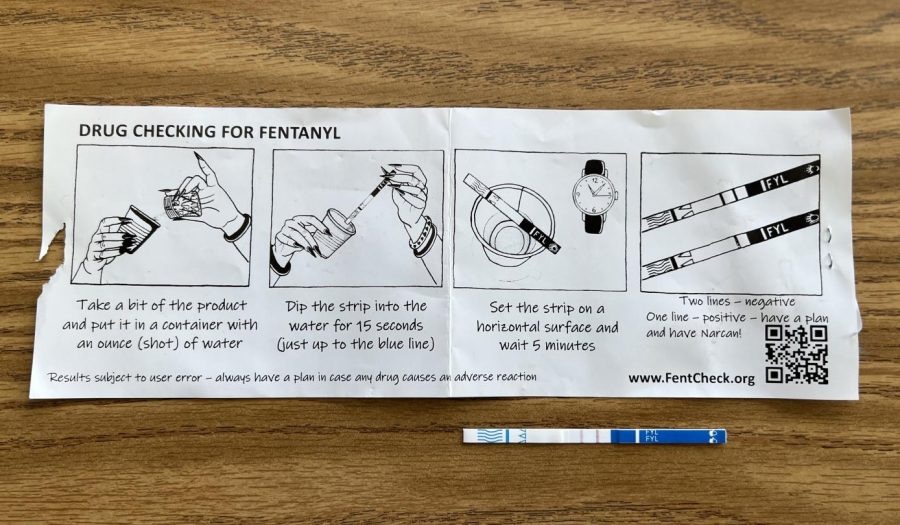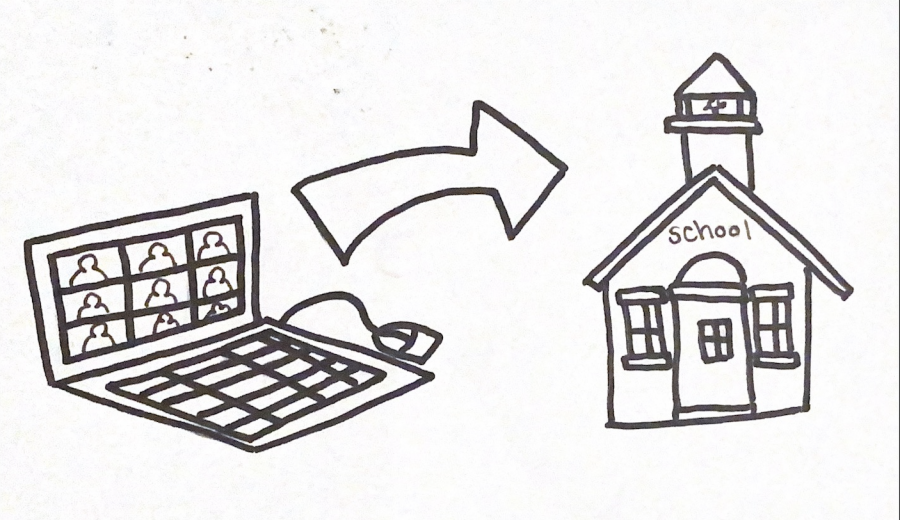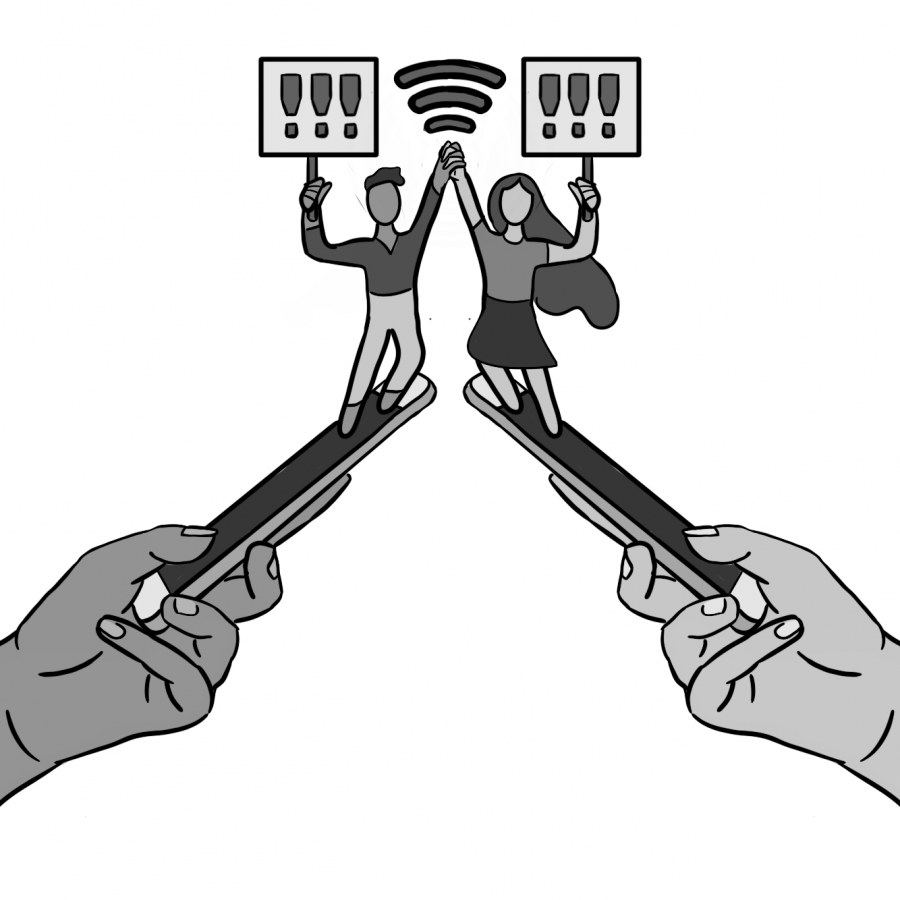 So I’m Facebook chatting with this cute guy. Everything’s great, were talking about the Forty Niners in the Super Bowl, which is currently playing on the TV in front of me. Suddenly, he chats me, “your watching the game right now, right? [Explicit word] the ravens!”
So I’m Facebook chatting with this cute guy. Everything’s great, were talking about the Forty Niners in the Super Bowl, which is currently playing on the TV in front of me. Suddenly, he chats me, “your watching the game right now, right? [Explicit word] the ravens!”
Okay. While I agree with the statement about the Ravens, I do not agree with his poor grammar. He used the possessive form of “your”, which nearly always should be followed by a noun. What he meant to say was “you’re”. On chat, I’d cut him some slack for leaving out the apostrophe, but there is no excuse for mixing up easily discernible words such as “your” and “you’re”.
Yes, they sound the same. In verbal conversation you could totally say “your watching” and no one would be the wiser. However, in written word, they are very different.
Here is an easy way to know which is which: “you’re” stands for “you are”. The apostrophe takes the place of a space and an “a”. So “you’re” is just mushing the words “you” and “are”, the subject and verb, together. For example: “You’re dead to me.” or “You are dead to me.”
“Your” is possessive. It basically always comes before a noun. If, for some reason, thinking out if “you are” makes sense in the sentence is too complex for you, you can just check if the “your” or “you’re” comes before a noun. Yes? It’s “your”. No? It’s “you’re”.
People seem to have trouble with “there”, “their”, and “they’re”. “They’re” is easy enough, it’s the same concept as “you’re”. It stands for “they are”. “Their” and “there” are harder, you just have to memorize what they mean. “Their” is possessive, so it’s followed by a noun. For example, “That is their boat.”. “There” takes the place of a noun, specifically a noun referring to a location. For example, “Go make out over there.”.
“Then” and “than” also seem to cause some struggle. This one you also just have to memorize. “ThEn” is used either as a time marker or with a sequence of events. For example, “Back thEn we weren’t obsessed with science.” or “I took out my pen, and thEn I drew all over his face.”. I think it’s easier to use “thAn” where you know “then” doesn’t work, because “then” is a little more straightforward. “ThAn” is used in comparative statements, such as: “The hothouse tomatoes cost far more thAn their farmer’s market counterparts.” or “Other thAn his dog, he has no friends.”.
“Who” and “whom”. Simple! When writing a sentence, replace the “who”/”whom” with either “he” (for “who”) or “him” (for “whom”). “Who” is a subjective pronoun, just like “he”, and “whom” is an objective pronoun, just like “him”.
Final one: “affect” and “effect”. Both words can be used as either a noun or a verb, which makes them really confusing. However, “affect” is most always a verb, such as “The electric shock affected his cognition.”. “Effect” is usually a noun. For example, “I have that effect on people.” If you’re still baffled, search the definitions of both words.
Correct grammar usage really turns me on, and even if you aren’t trying to seduce me, I can guarantee you that knowing the difference between “your” and “you’re” and the many other offenders will help you tons. In scenarios such as emailing a potential boss, writing a timed write in English, or Facebook chatting a hot babe, you will be sure to impress everyone with your grammar skills.













